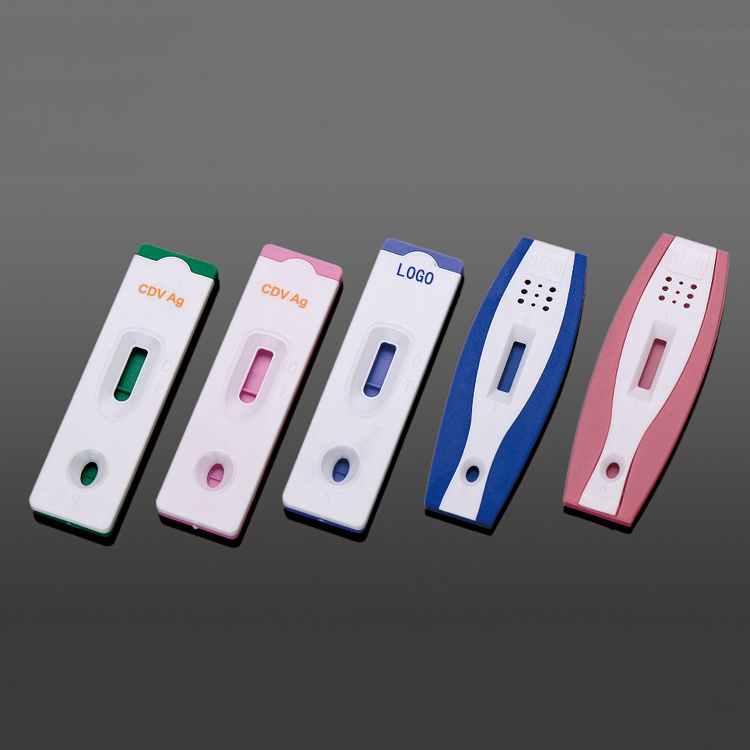Nov . 02, 2024 16:49 Back to list
buy diagnostic test for malaria suppliers
Buying Diagnostic Tests for Malaria Suppliers and Considerations
Malaria is a life-threatening disease caused by parasites transmitted to humans through the bites of infected mosquitoes. While the disease is preventable and treatable, timely and accurate diagnosis remains crucial for effective management. The demand for reliable diagnostic tests for malaria has surged, prompting various suppliers to cater to healthcare facilities worldwide. In this article, we explore the landscape of purchasing diagnostic tests for malaria, key suppliers, and important considerations to keep in mind.
Understanding Diagnostic Tests for Malaria
There are primarily two types of diagnostic tests for malaria microscopy and rapid diagnostic tests (RDTs). Microscopy involves examining blood smears under a microscope to identify malaria parasites, while RDTs provide a quick and easy method to detect specific malaria antigens in human blood using immunochromatographic methods. RDTs are particularly advantageous in remote areas where laboratory facilities are limited, making them widely favored in regions with high malaria prevalence.
Identifying Suppliers
When looking to buy diagnostic tests for malaria, it is essential to identify reputable suppliers. Numerous companies specialize in manufacturing and distributing malaria diagnostic tests, offering a range of products that meet international quality standards. Suppliers such as Abbott, Roche, and Siemens are well-known in the field of diagnostics and offer high-quality malaria tests. Additionally, more specialized companies like SD Biosensor and Alere also provide a variety of RDTs that are effective and user-friendly.
Digital platforms and online marketplaces have also emerged as avenues for purchasing malaria diagnostic tests. These platforms often offer a variety of products from multiple suppliers, making it easier for healthcare facilities to compare prices and validate the quality of the tests. However, it’s crucial to ensure that these platforms sell tests that have been certified by health authorities, such as the World Health Organization (WHO) or relevant national regulations.
buy diagnostic test for malaria suppliers

Key Considerations When Purchasing
1. Quality Assurance Ensure that the diagnostic tests are validated and certified by recognized international bodies. Tests should comply with WHO prequalification standards or local government regulations to guarantee reliability and accuracy in results.
2. Cost-Effectiveness While price is an important factor, it should not compromise quality. Consider the overall cost-effectiveness, including the potential impact of misdiagnosis and the costs associated with treating malaria late.
3. Volume and Availability Assess the volume of tests required and check the supplier's capacity to meet demand. Suppliers should be able to provide consistent supply chains to prevent shortages in critical situations.
4. Training and Support Reliable suppliers often provide training and support for healthcare providers using their products. Ensure that the chosen supplier offers adequate training resources to enhance the effective use of diagnostic tests in the field.
5. User Feedback Investigate customer feedback and testimonials about the suppliers and their diagnostic products. This can provide insights into the reliability and ease of use of the tests.
In conclusion, purchasing diagnostic tests for malaria involves careful consideration of suppliers, product quality, and logistical factors. By prioritizing reliable sources and evaluating all relevant factors, healthcare facilities can secure the necessary tools to combat malaria effectively, ultimately saving lives and improving public health outcomes.
-
Rapid Canine Corona Test: Fast & Accurate Results
NewsAug.06,2025
-
Rapid BZO Test Kit - Fast & Accurate Benzodiazepines Detection
NewsAug.04,2025
-
China Nylon Flocking Swabs - AI Enhanced Quality Collectors
NewsAug.03,2025
-
Highly Accurate hCG Pregnancy Test Strips - 5 Min Results
NewsAug.02,2025
-
Premium Empty ABS Plastic Cassettes: Durable & Lightweight Storage
NewsAug.01,2025
-
Accurate Cocaine (Coc) Rapid Test Kit | Fast & Reliable Detection
NewsJul.31,2025

